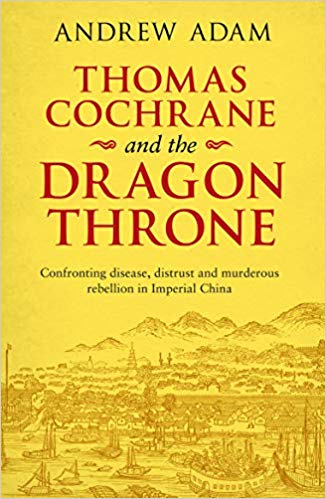
In 1897, Tom Cochrane, a young doctor, arrived with his bride in Inner Mongolia, China’s northernmost territory. Three years later, after labouring single-handedly in a mud-floored dispensary, he realized that his work was a drop in a sea of suffering. A radical new approach was needed. He was gripped by the vision of a Western medical college and teaching hospital in Peking.
In 1900, the Boxer uprising broke out. Fanatics roamed the countryside crying, ‘Kill the foreigners! Kill them before breakfast!’ The Cochranes and their three little boys fled as thirty thousand Christians and hundreds of missionaries were butchered. Undeterred, Tom returned to Peking in 1901 to treat beggars and lepers in converted mule stables.
After bringing a major cholera epidemic under control, he won allies at the imperial court. With the help of the chief eunuch, he gained the support of the dreaded Empress Dowager. In 1906, Cochrane established the Union Medical College in Peking, China’s first Western medical school. It still stands today, a prestigious academic centre, its missionary origins forgotten, but it is one of countless seeds planted by Christians in China.
In 1900, the Boxer uprising broke out. Fanatics roamed the countryside crying, ‘Kill the foreigners! Kill them before breakfast!’ The Cochranes and their three little boys fled as thirty thousand Christians and hundreds of missionaries were butchered. Undeterred, Tom returned to Peking in 1901 to treat beggars and lepers in converted mule stables.
After bringing a major cholera epidemic under control, he won allies at the imperial court. With the help of the chief eunuch, he gained the support of the dreaded Empress Dowager. In 1906, Cochrane established the Union Medical College in Peking, China’s first Western medical school. It still stands today, a prestigious academic centre, its missionary origins forgotten, but it is one of countless seeds planted by Christians in China.



